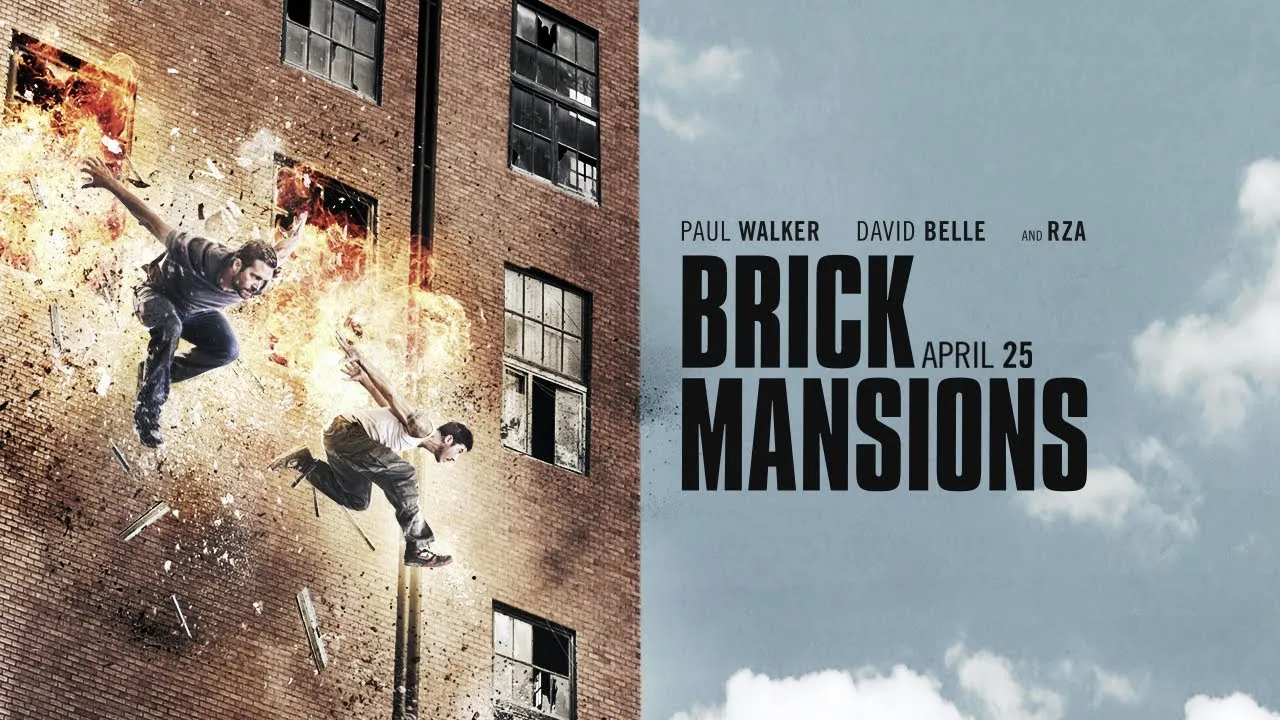The Wolverine (2025) marks the long-awaited return of one of Marvel’s most beloved antiheroes, Logan, in a gripping and emotional chapter that blends action, philosophy, and redemption. Directed by Denis Villeneuve, this imagined installment is not just a superhero film — it's a character-driven journey that delves deep into mortality, identity, and legacy.
Set in a post-Multiverse Saga world, the film begins with Logan living in solitude in the Canadian Rockies, far from the chaos of mutant affairs and superhero conflicts. The world has moved on. The X-Men are no more. Logan — older, battle-worn, and weary — is haunted by memories of those he failed to save, especially Charles Xavier and Jean Grey. He refuses to use his powers, living quietly as a recluse under the name “James Howlett.”
But peace is fleeting.

A mysterious organization called Helix Dominion emerges, with twisted ambitions to clone and weaponize dormant mutant DNA. Their goal? Engineer a future without free-willed mutants — a controlled evolution. When Logan learns they’ve successfully replicated mutant abilities using remains recovered from fallen heroes, he is forced back into the fight. Things turn personal when he discovers that Project Lupus — Helix’s ultimate weapon — is a clone of himself: younger, stronger, and devoid of emotion.

Reluctantly, Logan sets off on a globe-spanning mission to dismantle Helix Dominion before they unleash a new generation of mind-controlled mutants. Along the way, he reunites with a few surviving allies, including Yukio (Rila Fukushima), who serves as both a moral compass and fierce fighter. They also encounter Laura/X-23 (Dafne Keen), now an adult and leader of a secret mutant refuge. Her return is one of the film’s emotional highlights, as she confronts Logan about his abandonment and reawakens his fading sense of duty.

Logan’s inner conflict is central. Unlike past versions of Wolverine, this Logan is deeply introspective, questioning whether redemption is still possible for a man who has killed so many. The film artfully juxtaposes flashbacks from his violent past with moments of quiet humanity in the present — revealing a soul torn between guilt and survival.
The villainous Dr. Soren Vale, the genius behind Helix, believes evolution should be guided, not left to chance. He sees mutants as tools, not people — and Logan as the original mistake. Their ideological clash elevates the film beyond a mere battle of fists and claws.
In a brutal and emotional final act, Logan confronts his clone in the heart of Helix Dominion’s Arctic facility. The fight is raw, symbolic, and devastating. Logan ultimately sacrifices himself to destroy the cloning facility, ensuring the freedom of future mutants. In a haunting final scene, Laura buries him under a lone pine tree, carving an “X” into the stone.

The Wolverine (2025) isn’t just an action movie — it’s a farewell song. With haunting cinematography, visceral combat, and a soulful score by Hans Zimmer, the film honors Logan’s legacy while setting the stage for a new era of mutants.
Whether you’re a lifelong X-Men fan or new to the franchise, this film reminds us why Wolverine remains one of the most enduring, tragic, and human characters in superhero cinema.


